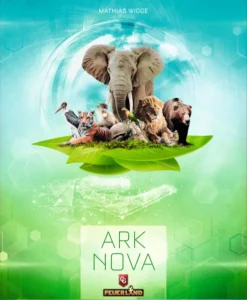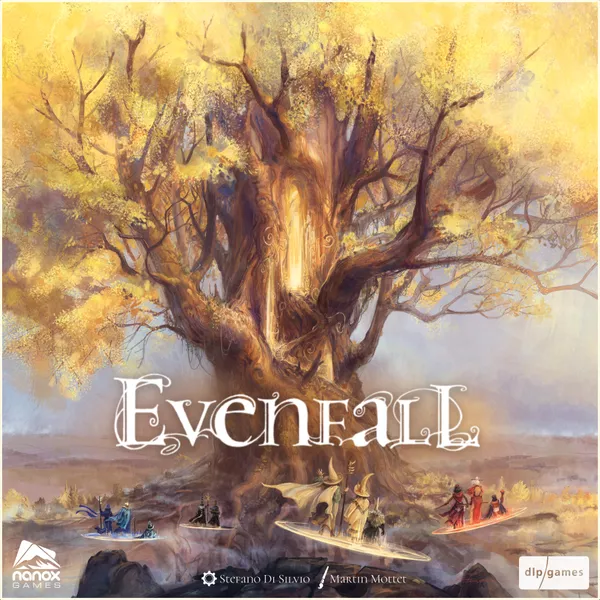
Today, we’re stepping into the mystical world of “Evenfall,” designed by Stefano Di Silvio & published by Nanox Games. Get ready to dive into the supernatural, as we explore the ins & outs of this card-driven, engine-building game. Let’s break it down – what it is, what’s good, what’s bad, & if you should add it to your collection. Let’s get into it.
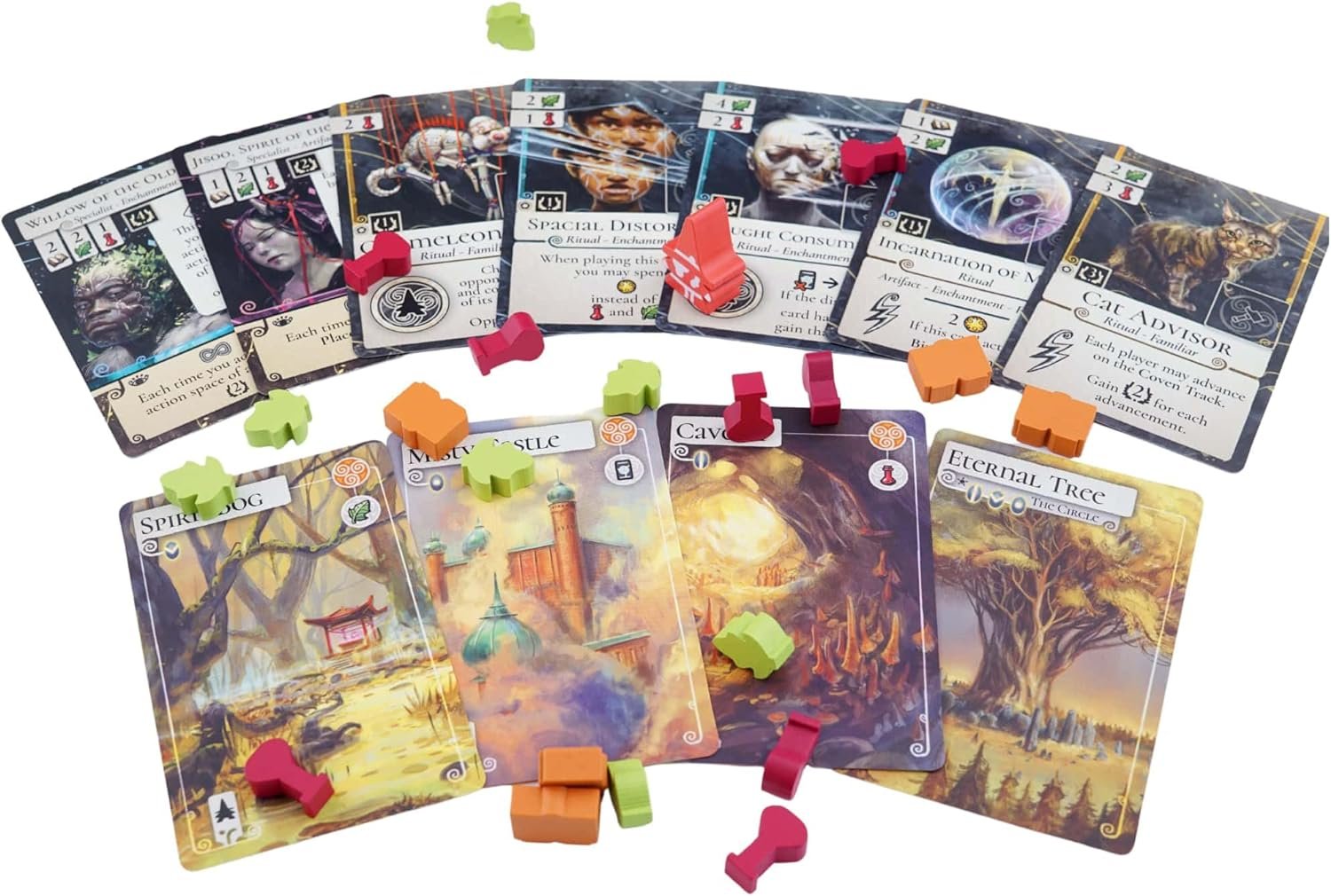
What It Is
“Evenfall” is a card-driven, engine-building game for 1-4 players. The game transports you to a world where the Clans of Magic are preparing for a new era. Evenfall is the time when the boundaries of reality collapse, & the supernatural awakens. Players take on the role of clan leaders, sending witches to discover & control new Places of Power, using them for arcane rituals & battling for the favor of the Powerstones. The ultimate goal is to secure the Enchanted Throne by leading the world into a new era. The game typically lasts three rounds, & the player with the most victory points at the end wins.
Gameplay Mechanics
To set up the game, place the three region boards, VP track, & Mana track on the table. Each region board gets Place of Power cards placed on designated spaces & four random Powerstones. Shuffle the Ritual & Specialist cards to create the main deck. Players receive their clan boards, which can be played on either the basic (sun side) or advanced (moon side) version, with all players using the same side. Each player also gets a Mana dial, three Herbs, & three Potions to start the game.
The game is played over three rounds, each divided into four phases: Scout, Action, Battle, & End of Round. During the Scout Phase, players take income based on the top left of their Clan board, with Mana & VPs tracked on a common board. Any cards gained come from the Main Deck.
In the Action Phase, players take turns in clockwise order from the first player, taking a single action until all players have passed. Players can also take any number of free actions, such as discarding two cards for a basic resource. Actions include discovering a Place of Power, activating the Clan Token, playing Ritual or Specialist cards, playing Council Members, using action spaces, & building Catalysts.
Discovering a Place of Power requires taking a card from a region board, paying the cost in Witches, & placing the card next to the upper right portion of your clan board. Activating your Clan Token, which can be done once per round, allows you to harvest all places of power in your Outer Circle & gain additional resources. Playing Ritual or Specialist cards involves paying costs & placing them on your board, providing various ongoing or immediate benefits.
The Battle Phase occurs in each region, where players fight for Powerstones & other rewards. Players with a Witch or Elder in a region are included in the battle, dialing in a number of Mana to increase their strength. Battle bonuses are awarded based on cumulative strength, & the highest total wins a Powerstone, which can double the VP value of a matching Ritual card. The winner of the Northern Lakes battle also becomes the start player for the next round.
During the End of Round phase, players retrieve their meeples, refill empty card slots, refresh the clan token, & untap all cards. Any End of Round effects on cards are resolved.
At the end of the third round, the game concludes with final scoring. Players place collected Powerstones on matching Ritual cards, then score VPs for each Specialist card, endgame conditions on Council Members, & each Ritual & Place of Power in their Inner Circle. Ritual cards with matching Powerstones double their VP value. The player with the most points wins, with ties broken by the most remaining Mana.
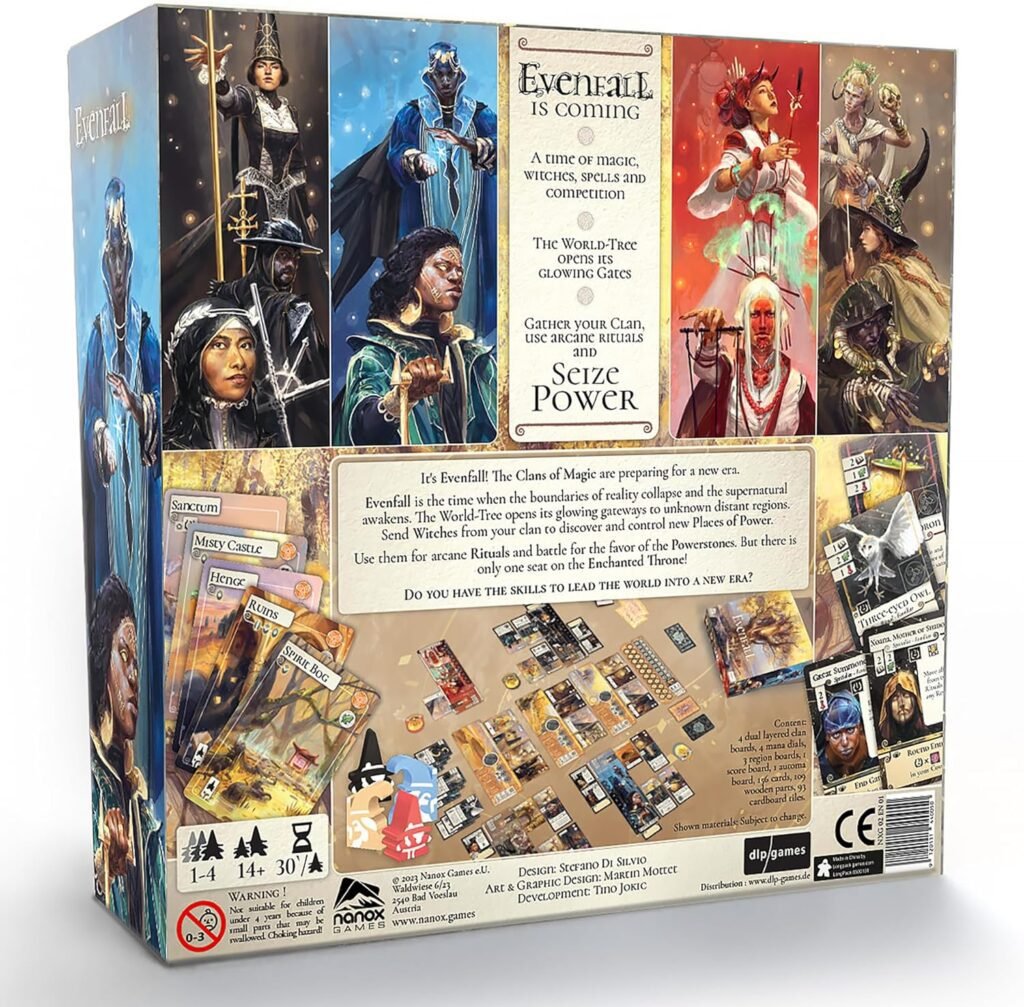
The Components
“Evenfall” comes with a rich array of components, including:
- Action Cards: These cards drive the game, depicting various actions, resources, & Places of Power.
- Resource Tokens: Representing different magical resources needed to perform actions.
- Powerstones: Special items that players can compete for, granting significant advantages & points.
- Witch Miniatures: Representing the clan witches sent to explore new places of power.
The artwork is stunning, with a dark, mystical aesthetic that perfectly captures the game’s theme. The quality of the components is high, ensuring durability & enhancing the overall gaming experience.
The Good
First off, the theme of “Evenfall” is captivating. The concept of clans battling for control during a supernatural awakening is intriguing & well-executed. The artwork & component quality immerse you in this mystical world, making each game session a visually pleasing experience.
The gameplay mechanics are well-balanced & engaging. The card-driven, engine-building nature of the game offers a satisfying level of strategy. Players must think critically about their resource management & the order of their actions to maximize their points. The game offers a good mix of familiar mechanics with some novel twists, keeping it fresh & interesting.
Replayability is another strong point. With a variety of cards & potential strategies, no two games will play out the same. The random draw of cards & the modular setup add a lot of variability, ensuring that each game presents new challenges & opportunities.
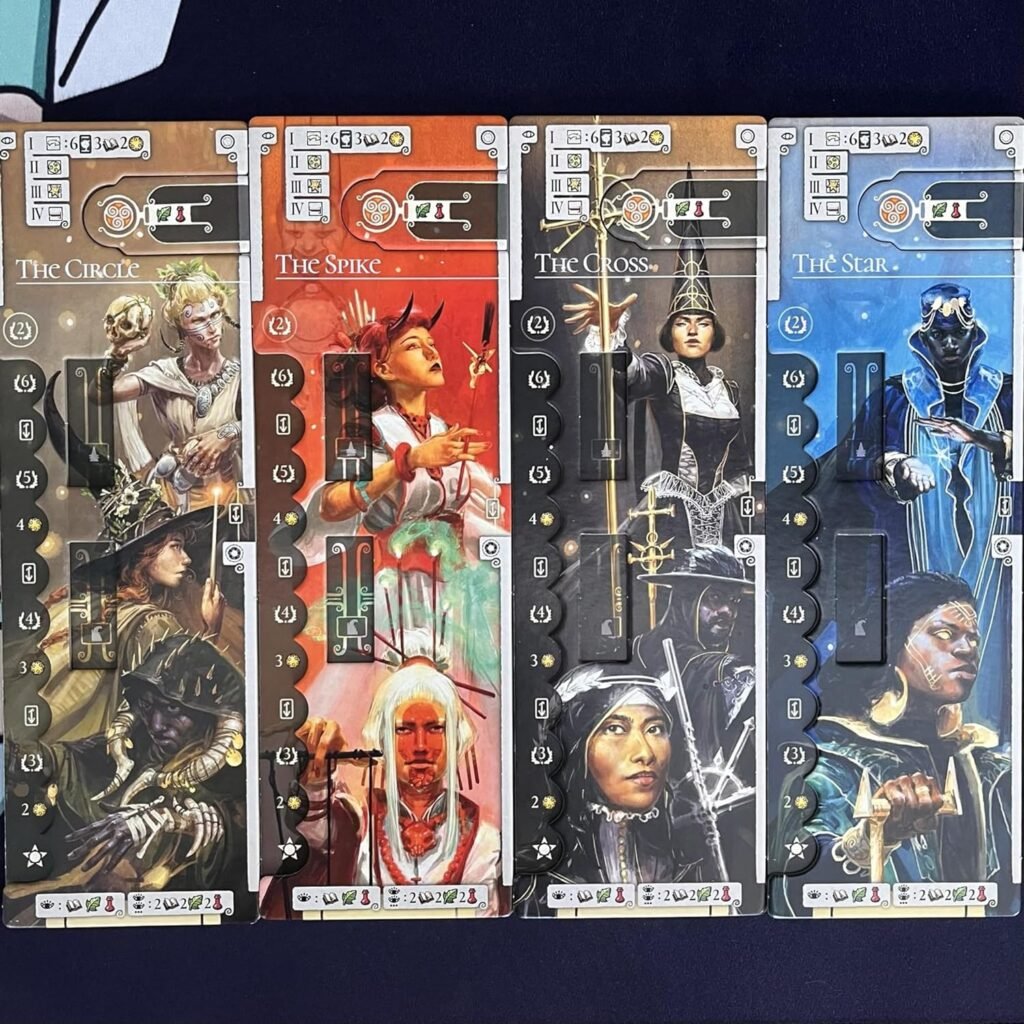
The Bad
However, “Evenfall” isn’t without its drawbacks. One potential issue is the learning curve. While the game mechanics are rewarding, they can be a bit complex for new players. The depth of strategy & the need for efficient action sequencing might be overwhelming for some, particularly those new to engine-building games.
Another point to consider is the player interaction. While there is some direct competition for resources & places of power, much of the game can feel like a solo experience where players are primarily focused on their own engine-building. This might not appeal to those who prefer more direct interaction & conflict in their games.
Finally, the game length could be a concern. Though it’s designed to be played in three rounds, the depth of strategy & decision-making can extend the playtime, especially with more players. This could make it less appealing for those looking for a quicker, more casual game.
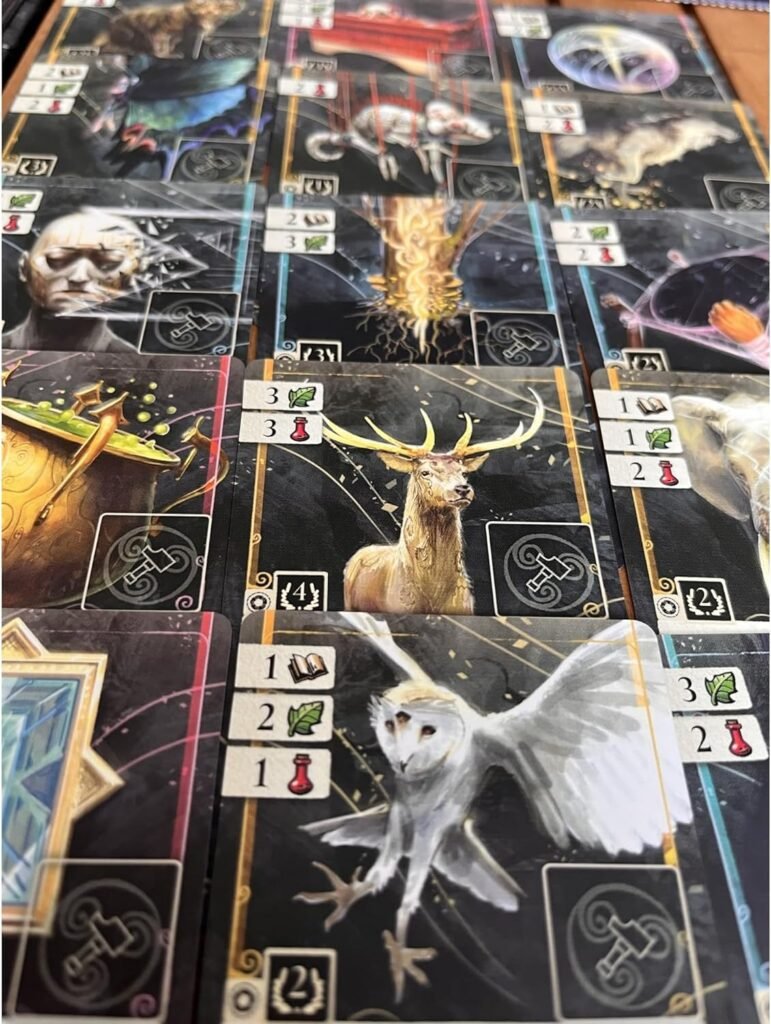
The Verdict
So, should you buy “Evenfall”? If you’re a fan of strategic, engine-building games with a strong, immersive theme, then “Evenfall” is definitely worth considering. The game offers a rich, engaging experience with a lot of depth & replayability. The mystical theme & high-quality components make it a standout addition to any board game collection.
For seasoned board gamers, “Evenfall” provides a satisfying challenge that rewards careful planning & strategic play. It’s a game that will keep you coming back as you explore different strategies & card synergies.
However, if you’re new to engine-building games or prefer more direct player interaction, “Evenfall” might not be the best fit. The learning curve & potential for extended playtime could be off-putting for some.
Final Thoughts
When it comes to Evenfall, my feelings are quite mixed, but overall, I lean towards recommending it, especially if you are a fan of complex board games that reward strategic thinking. The game blends worker placement, card combinations, & engine-building mechanics in a way that feels fresh & engaging. The theme is captivating, & the game’s design makes for a coherent & immersive experience once you get past the initial learning curve.
The game’s complexity can be daunting at first. The abundance of actions & options, combined with the intricate iconography, means that new players might feel overwhelmed. However, once you grasp the game’s mechanics, everything falls into place. The decisions you make—whether to build a place of power, allocate resources, or play certain cards—require careful planning & foresight. Timing is crucial, & the game rewards players who can think several steps ahead.
One aspect that might not sit well with everyone is the blind bidding during battles. While it adds an interesting layer of strategy & tension, it can feel a bit unpredictable & may not appeal to players who prefer more deterministic outcomes. However, the battles aren’t the sole focus of the game, & there are other ways to gain advantages & progress, which helps balance things out.
The game’s aesthetics are both a strength & a weakness. The artwork is beautiful & adds to the thematic immersion, but the iconography can sometimes be unclear, leading to confusion during gameplay. This is particularly noticeable during the first few games as players are trying to learn the ropes. Clearer icons & more intuitive design choices could have made the learning process smoother.
The rulebook is comprehensive but dense. It covers a lot of ground, & the need for an extensive FAQ indicates that the game could benefit from more straightforward rules explanations. That said, the support from the game’s designers in the form of an updated FAQ is a positive sign. It shows that they are committed to clarifying any ambiguities & ensuring players have a better experience.
Overall, Evenfall is a game that rewards persistence & patience. If you can push through the initial confusion & invest the time to learn its intricacies, it offers a rich & satisfying gaming experience. The combination of worker placement & engine building, along with the tough decisions & strategic depth, makes it a standout in its genre. Just be prepared for a challenging first playthrough, & consider starting with a two-player game to get the hang of it before diving into a full game session with more players.
Purchase Options

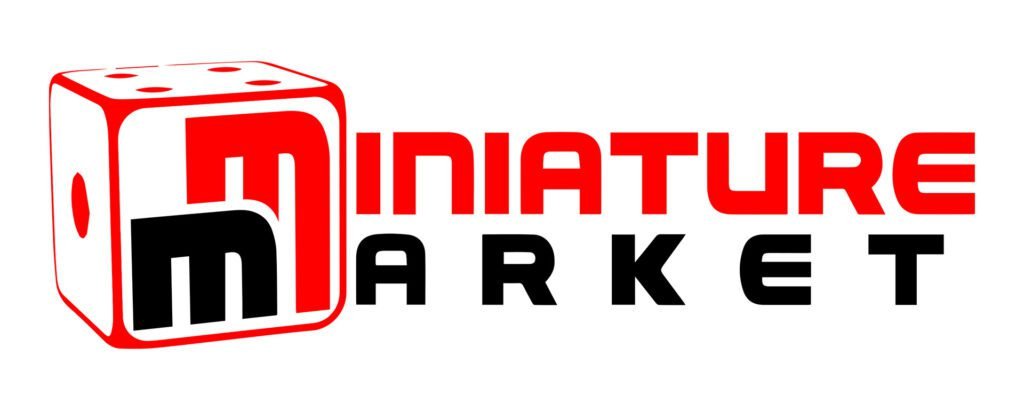
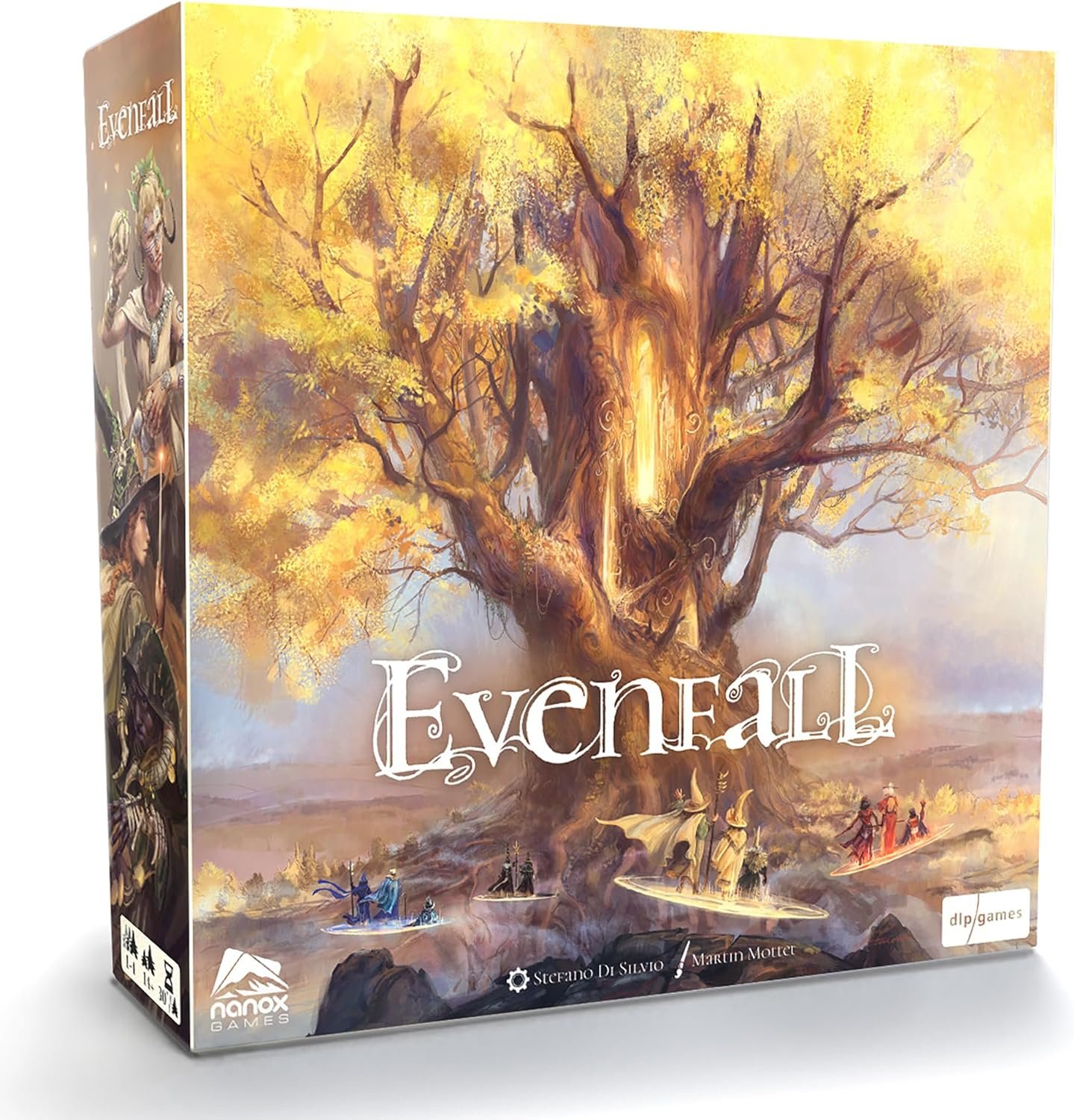
At no extra cost to you, The Board Game Site may receive revenue from affiliate and advertising partnerships for sharing this content and from purchases through links.



